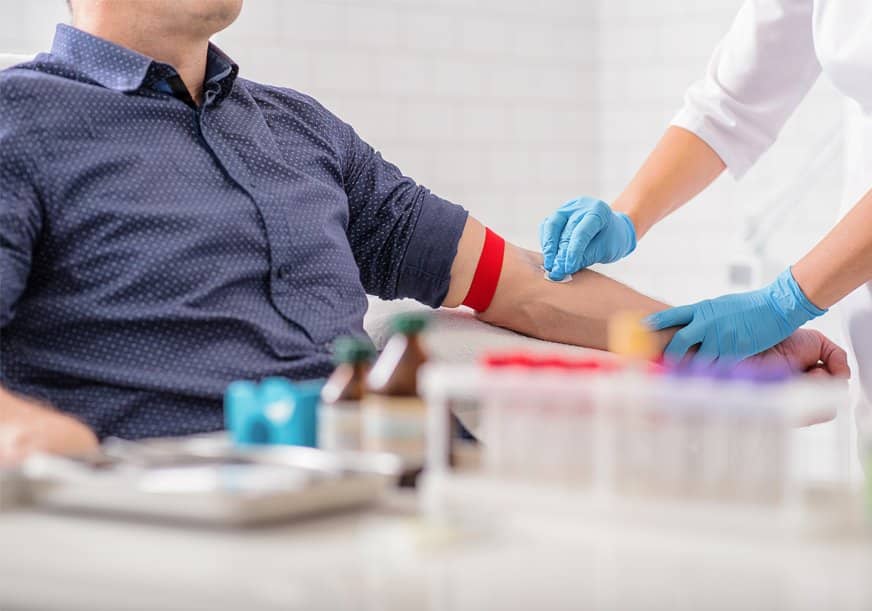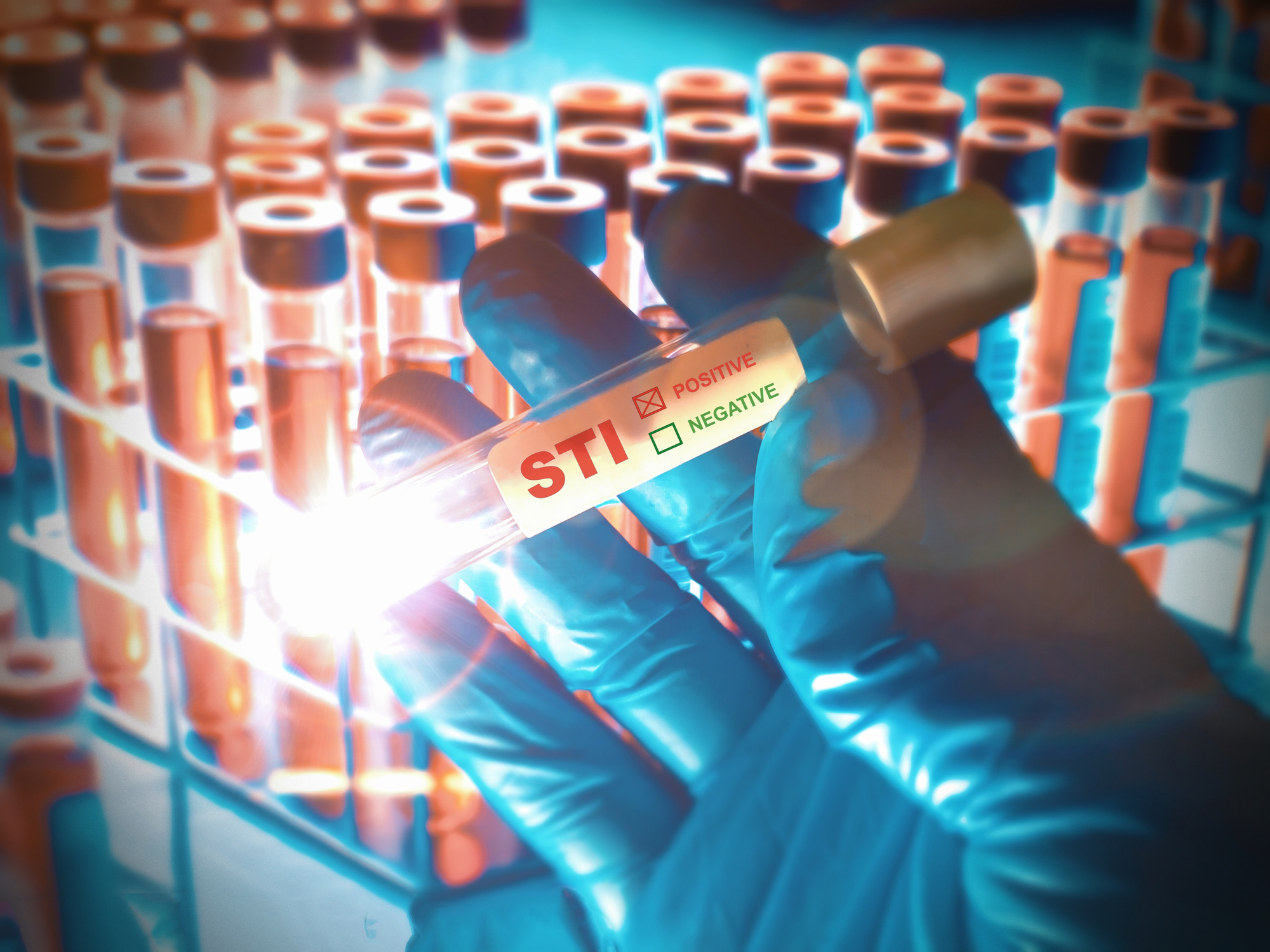In tragedies, both large scale and ones that hit closer to home, it’s not uncommon for people to ask what they can do. One of the many responses we tell people at Integrity Urgent Care, is that in many circumstances, donating blood is a way to help. With blood donation month upon us, it’s a great time to donate again or for the first time and to learn more about the process.
Who does it help?
Donating blood helps numerous people with different medical needs. From patients trying to recover from illness to victims of large accidents to surgical candidates to those fighting cancer, blood products are needed to help replace blood lost or to help their bodies recover. In some cases, blood products, like plasma with antibodies from patients who have had COVID-19, can teach our systems how to better fight off an infection. Patients who are fighting various types of cancer often need large amounts of blood transfusions and friends and family, even without the same blood type, can bank blood for them, giving them credits to receive blood while helping others. You can even bank blood for yourself if you are preparing for a surgical procedure. Of course, the most commonly known form of donating blood is through blood drives at local mobile and established donation sites.
What happens when I donate?
There are several steps you will go through when you decide to donate blood, but none are too painful, with the exception of the pinch when the blood is taken of course.
- Register with identification and where you will be living for the next eight weeks. This is so you can be contacted if there is information that needs to be sent your way.
- Answer screening questions. These questions involve a basic medical history, current lifestyle practices, and recent international travel.
- Give information about any current medications and have temperature, blood pressure, and a few minor checks taken.
- You will be sitting or lying down when your blood is taken. The site will be cleaned, and that small pinch will be felt. About a pint of blood will be taken, which should take 8-10 minutes according to the Red Cross. If you donate platelets, the procedure is slightly different and will take closer to 2 hours.
- While you recover for about 15 minutes, you will be given a snack and beverage and monitored to ensure no negative effects are likely.
How to prepare:
There are some great ways to prepare for giving blood. If you are banking for someone specifically, you will need to go to an approved location. Some locations also have a pre-registration and screening to reduce the time at the donation location, making it easier if you plan on being a repeat donor. Eating a normal meal ahead of time is not only approved but is recommended so any potential lightheadedness can be combated. Eating iron rich foods and getting a good night’s sleep is also helpful. Be sure to drink plenty of water to make the blood draw faster and easier. Wearing short sleeves or sleeves that can loosely roll up is advised.
After, normal activity can resume with the exception of heavy weightlifting just for that day. If your needle site starts to bleed, apply light pressure, and replace the bandage. If you are having additional issues, call the donation site for advice. You could benefit from continuing to eat iron rich foods and drinking additional water, but we recommend that all the time!
To learn more about blood donation, ask our staff for more information. We know the value of blood products in many different medical settings and new benefits are being discovered every year. For most other medical needs, contact us or come see us at one of our several locations. We are open and ready to treat you and your family, every day of the week, from 8am to 8pm.



